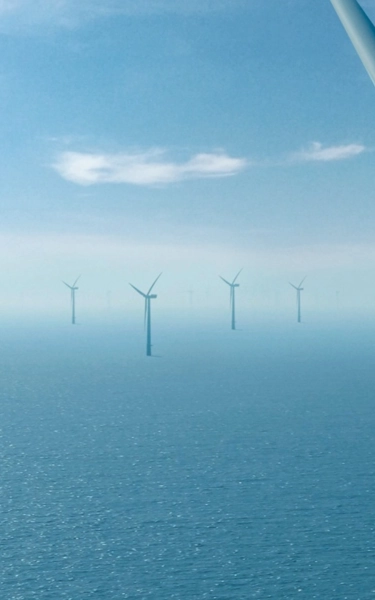
WHAT IS THE GRID?
THINK OF THE GRID AS A MOTORWAY SYSTEM FOR POWER, CARRYING ENERGY FROM WHERE IT'S MADE TO WHERE IT'S NEEDED. IT DELIVERS POWER FROM WIND FARMS, SOLAR ARRAYS AND POWER STATIONS TO YOUR COMMUNITY.
The grid consists of pylons, underground cables, substations and clever technology that manages the flow of electricity across the country. It even connects to other nations' grids so we can share power when needed.
As our lives become more reliant on electricity, we need to grow our grid to carry the extra power we need. Also, as we build more renewable generation in new places like offshore wind farms, we need to expand our grid to connect these clean energy sources to our homes and businesses.
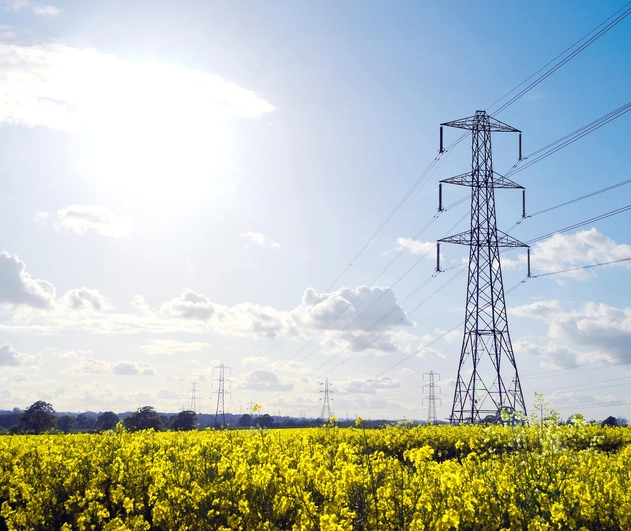
History of the grid
The national grid launched in the 1930s, transforming life in England, Scotland and Wales by connecting previously isolated power systems.
Today, our grid is 99.9999% reliable and among the best in the world, providing the foundation for decades of economic growth.
Electricity demand has quadrupled in 70 years and while the grid has evolved alongside our changing technology needs, maintaining this exceptional reliability as demand continues to grow requires significant investment and modernisation.
Types of infrastructure
Transmission network
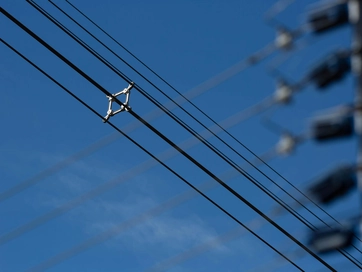
The backbone of our electricity system consists of high-voltage overhead lines supported by pylons that efficiently transport power across long distances.
Substations
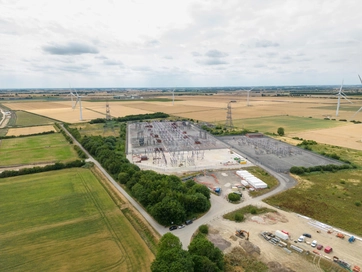
These vital hubs convert electricity between different voltages and direct the flow of power, ensuring it moves safely between networks.
Underground cables
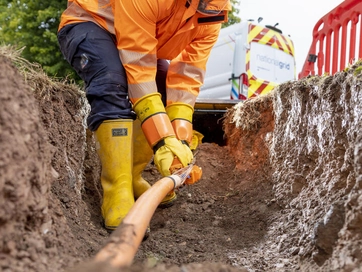
In urban areas and places of outstanding natural beauty, electricity often travels through underground cables that minimise visual impact.
Subsea connections
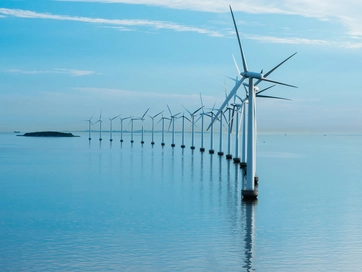
These important connections bring renewable power from offshore wind farms to the mainland, link different nations, regions and communities within Britain and connect our grid to neighbouring countries.
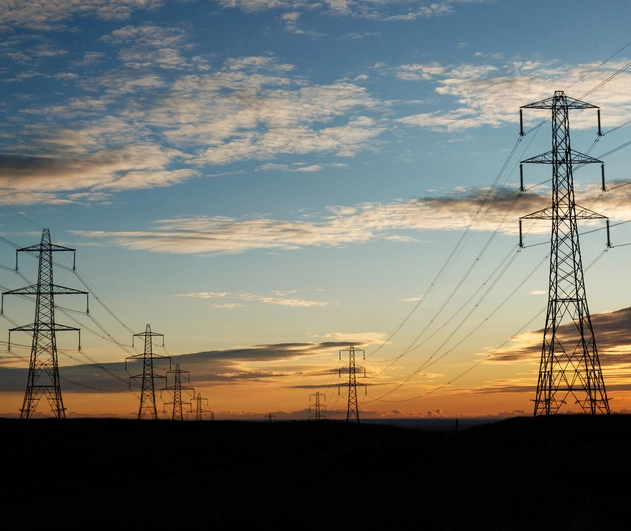
Got questions?
Wondering how Britain's grid upgrade works, why we need pylons, or how this benefits our energy future? Find answers to the most common questions about the grid upgrade project and what it means for communities across the country.
